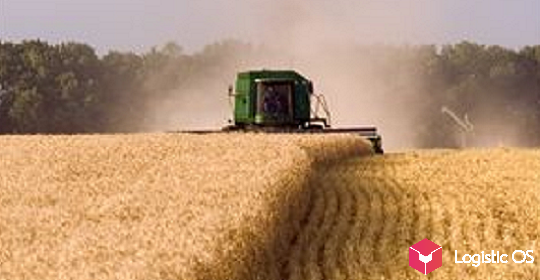The Indian government is concerned about land degradation and is going to urgently improve the skills of farmers.
India is one of the largest grain producers in the world, harvesting about 330 million tons annually.
This is not only enough to satisfy domestic needs, but also enough for export, which brings the country about $50 billion. This was stated by the Minister of Agriculture of India Shivraj Singh Chouhan.
However, he also notes the major problems that agriculture in the country faces.
One of the most noticeable today may be the mass degradation of soils, which may affect up to 30% of all agricultural land in India.
If this continues, it may threaten a significant drop in crop yields, a drop in income from agricultural exports, and even a decrease in food security in the country.
According to the Minister, the main causes of soil degradation include excessive amounts of fertilizers, as well as an imbalance in their application, when some fertilizers are used very widely, while others are almost absent, which leads to a change in the composition of the soil and makes it less fertile.
Also, the cause of degradation can be improper soil management, including ignoring crop rotation rules.
To solve this problem, it was decided to distribute more than 220 million copies of educational materials to farmers, which contain detailed information on how to properly care for soil health, what nutrients need to be added and how not to make mistakes when working with fertilizers.
However, this measure is not enough, this is only the first stage in solving the global problem.
We need to strive to switch to precision farming, which includes micro-irrigation, organic and regenerative farming.
Experts admit that India is still lagging behind other developing countries, such as Brazil and Argentina, where similar practices are already being successfully implemented.
At the same time, although these approaches are very promising, it cannot yet be said that they are being widely implemented in India.
According to analysts, only a few private companies are currently doing this, and the Indian Society of Soil Scientists has called on them to join the work.
Broad dissemination of new methods while simultaneously increasing the professional literacy of Indian farmers could significantly contribute to solving the problem of soil degradation and taking Indian agriculture to a new level.

